 A few years ago, while staffing a hospital breastfeeding warm line, I spoke on the phone with a nursing mom who had called to ask for advice on weaning.
A few years ago, while staffing a hospital breastfeeding warm line, I spoke on the phone with a nursing mom who had called to ask for advice on weaning.
She was young (maybe 18) and Latina, and from the start breastfeeding had gone beautifully for her. No pain, no concerns about milk supply, healthy baby, and she was enjoying it.
So why did she want to wean? “Because I want to be able to go to the mall,” she said, “and I heard that people will stare at you and give you a hard time.”
Celebrities like Beyonce and Salma Hayek do it. Angelina Jolie does it on the cover of a national magazine. Most states have laws (albeit weak) protecting the rights of moms to do it.
So why do we regularly hear about women kicked out of restaurants, swimming pools, courthouses, theme parks, day cares, buses, even off a plane, for breastfeeding in public?
Nearly 40 years after breastfeeding rates began to rise, we still regularly hear about women being told that nursing in public is inappropriate, and that it should happen only out of public view.
There is no national data documenting how common this is, but Best for Babes’ Nursing in Public Hotline (1-855-NIP-FREE) has taken nearly 300 calls since it began a little over a year ago, according to the hotline director Michelle Hickman. Calls have come from mothers who have had trouble in restaurants, stores, schools, day cares, and churches. A notable 62 incidents were reported by moms who had trouble at YMCAs. And of course these are calls from mothers who happened to know about the hotline and wanted to report it. The true number, judging from the frequency in which problems are reported in the media, is clearly far higher.
Some dismiss these problems as inconsequential. And it’s of course true that many women nurse in public without incident, or even with positive responses.
But as the Surgeon General notes:
Such situations make women feel embarrassed and fearful of being stigmatized by people around them when they breastfeed. Embarrassment remains a formidable barrier to breastfeeding in the United States and is closely related to disapproval of breastfeeding in public. [emphasis added]
In fact, a recent poll conducted for the W.K. Kellogg Foundation found that “being in public” was the most common breastfeeding challenge cited by respondents. And attitudes are especially prohibitive in regions where, understandably, breastfeeding rates are low.
To make matters worse, cultural attitudes pose a particularly potent barrier to some of the communities with low breastfeeding rates - the same ones at higher risk of infant mortality and childhood obesity. Remember the young mom of color I mentioned at the top?
Underlying the discomfort the public has with breastfeeding in public is the notion that breasts are purely sexual in nature - an idea constantly promoted by the media. It’s this idea that turns an act of feeding and tenderness into something obscene. It gets photos banned from Facebook and results in mothers being told that they can’t get their photos developed because they violate nudity policies.
It goes beyond the fear that mothers will expose themselves, to the very idea of breastfeeding, evidenced by the fact that many women who are told to leave public places are wearing nursing covers. Nursing mothers’ rooms are a nice amenity for women who are uncomfortable nursing in public, but to some mothers feel like a form of quarantine. And the solution couldn’t possibly be a nursing mothers room in every single public accommodation in the world, could it?
It’s been said many times before, but the answer is the normalization of breastfeeding, so that mothers who are feeding at the breast in public receive no more or less attention than mothers who are feeding by bottle.
Changing attitudes is at the core of Best for Babes’ mission. Through Best for Babes’ work to give breastfeeding a makeover, we aim to create permanent culture change that embraces, celebrates and supports breastfeeding and moms.
It’s our hope that someday breastfeeding will be, as Best for Babes Champion Jenna Elfman says, “a natural part of our life as a society.”
How have you experienced breastfeeding in public? Have you had positive or negative responses - or none at all? What do you think it would take to change public attitudes about it?



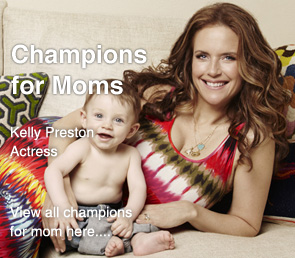
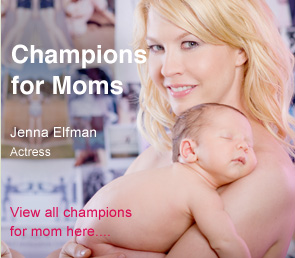
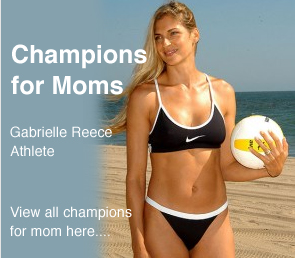
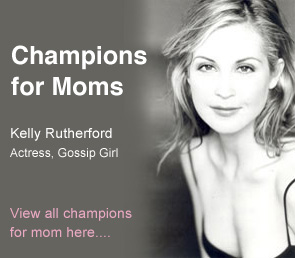
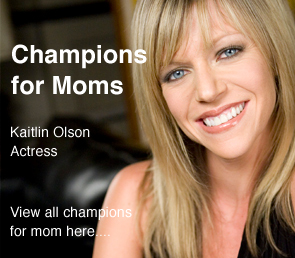
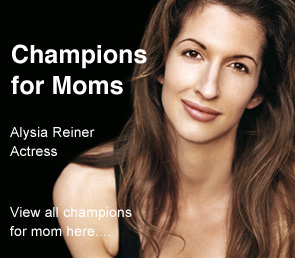
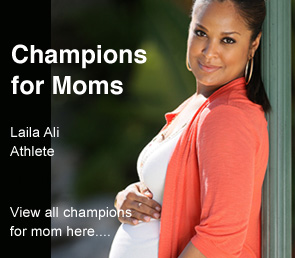
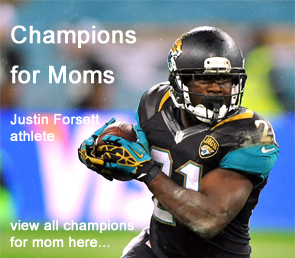
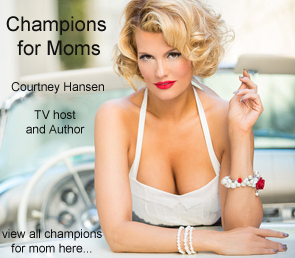
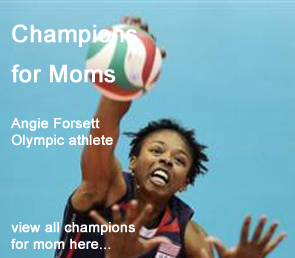
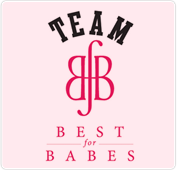

Breastfeeding has been one of the greatest joys of motherhood to me. I find it difficult to reconcile how breasts are so.. well, out there… in clothing, advertising, videos, etc, but somehow become taboo as soon as a baby latches on to them!
It is infuriating to me how some mothers feel that they cannot care for their child the way they want to because other people don’t want to see it.
I think that most people would not object to breastfeeding in public if they new all the benefits if it. For some breastfeeding is just a mother’s whim. There is a huge need for some large media campaign.
I always felt uncomfortable breastfeeding in public, however if my son needs to feed, he needs to feed - people will just have to deal with it. It’s not like I am putting it in their faces, I tried to feed in a corner or away from most people.
I really can’t see a problem that some people have with breastfeeding in public. You’re not standing naked in front of them. I’m not particularly shy person but I always find a suitable place (not a bench in the middle of a square of shopping mall) and see other women do the same. Another thing is that mothers during breastfeeding expose much less flesh than girls on Saturday nights on the way to clubs…